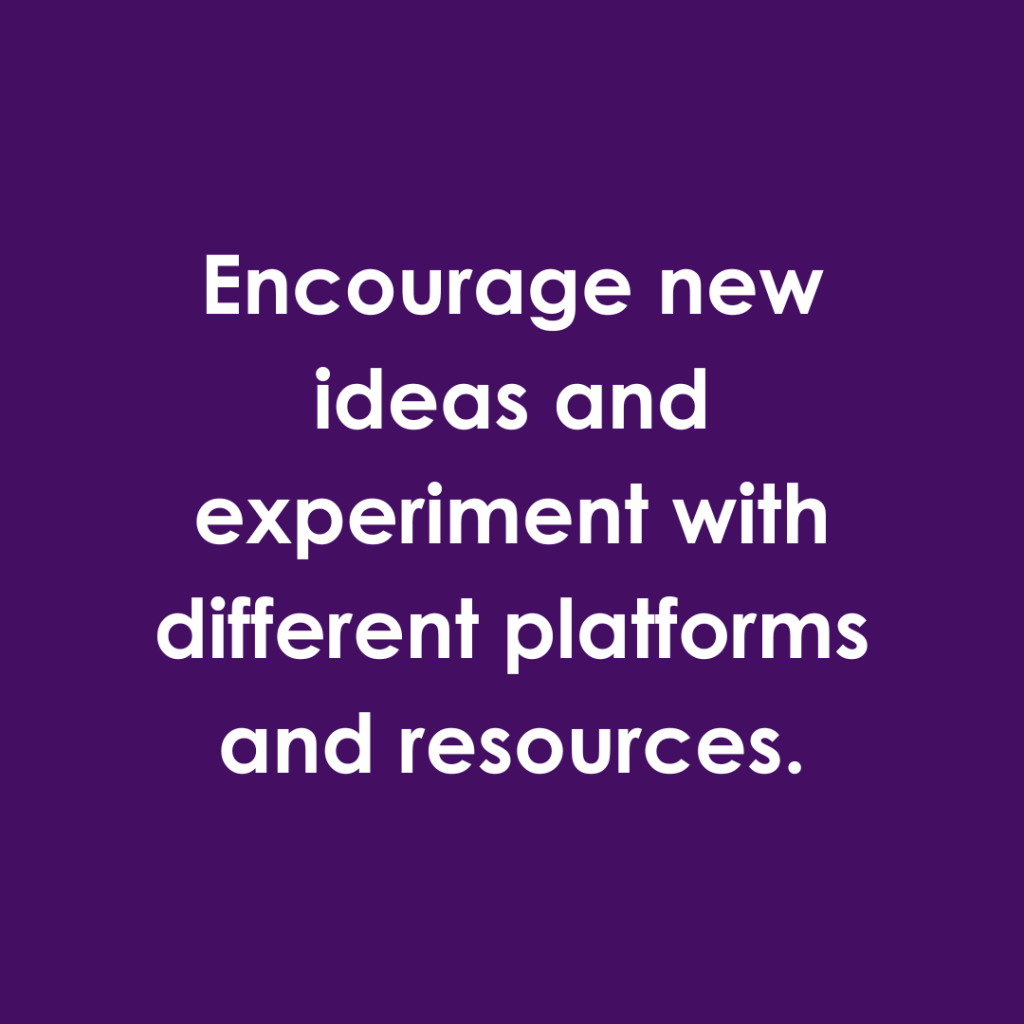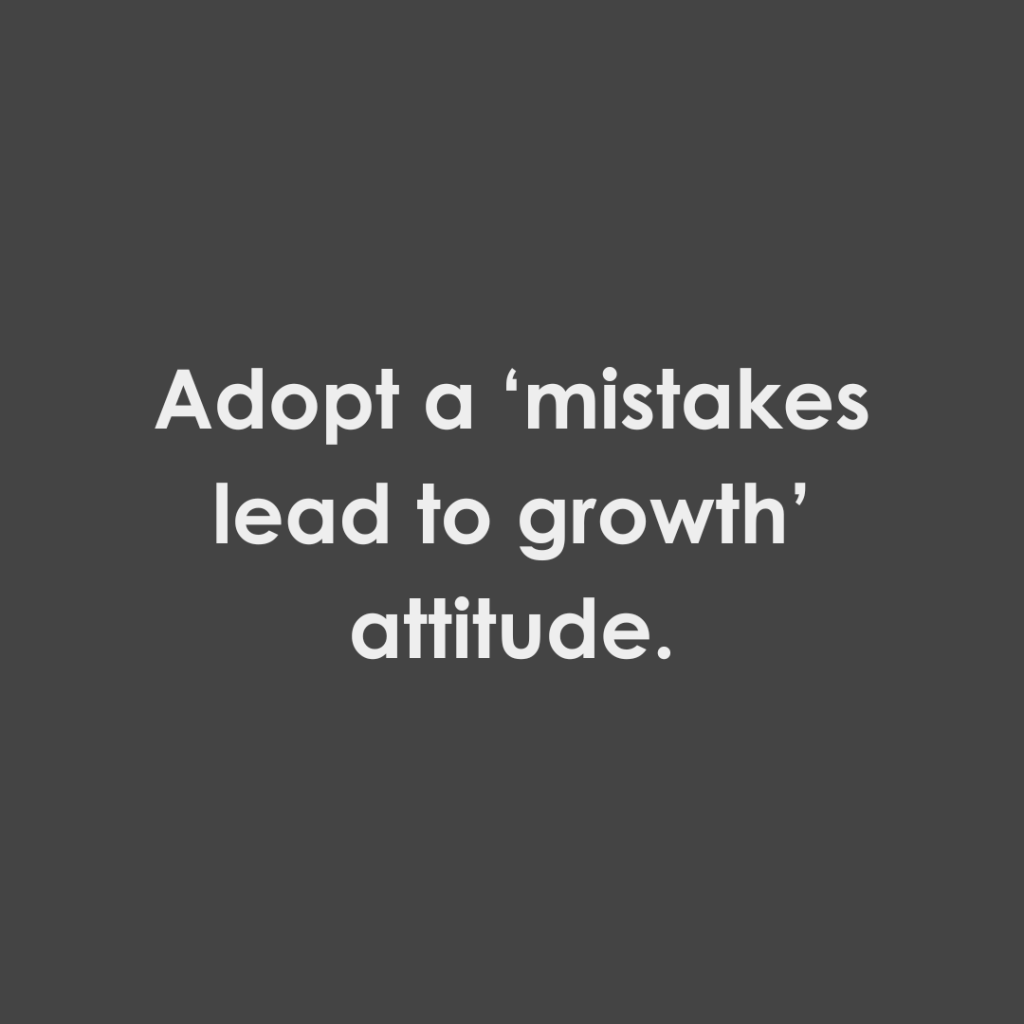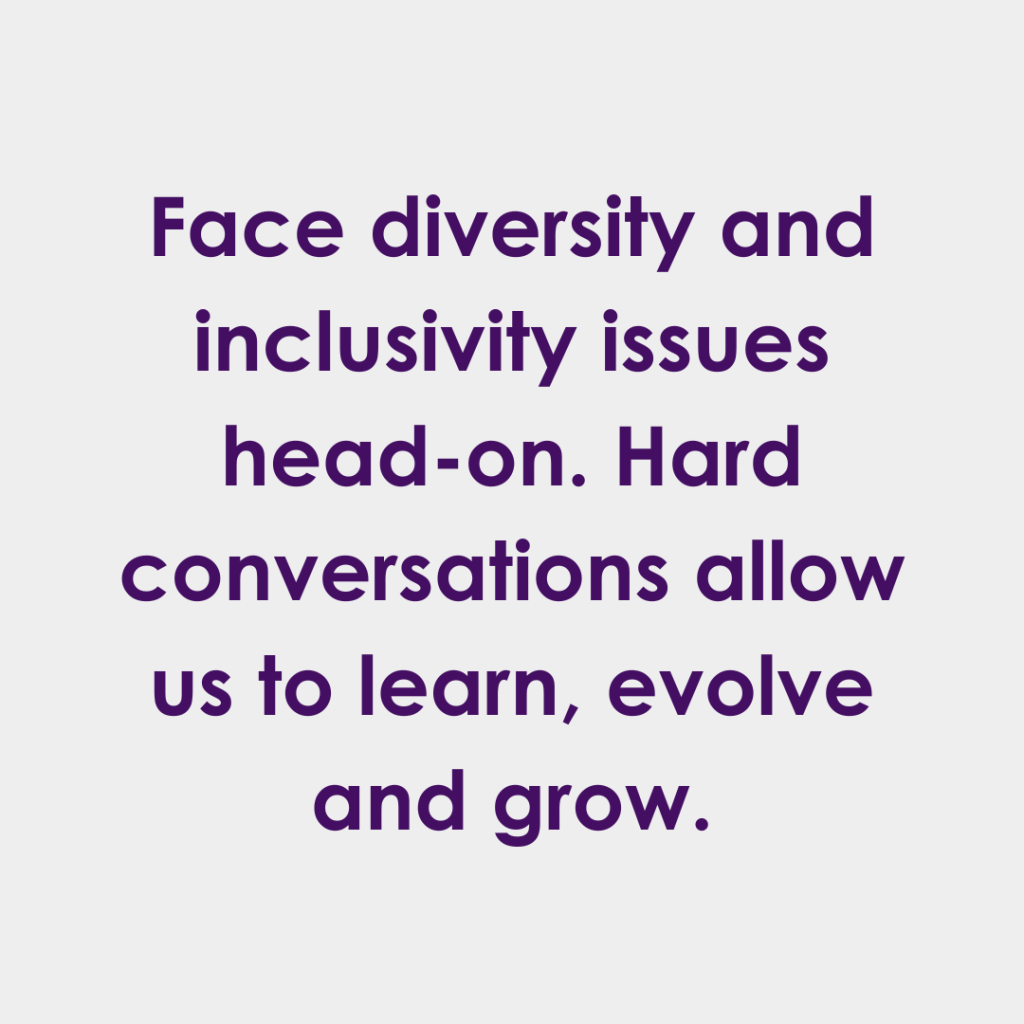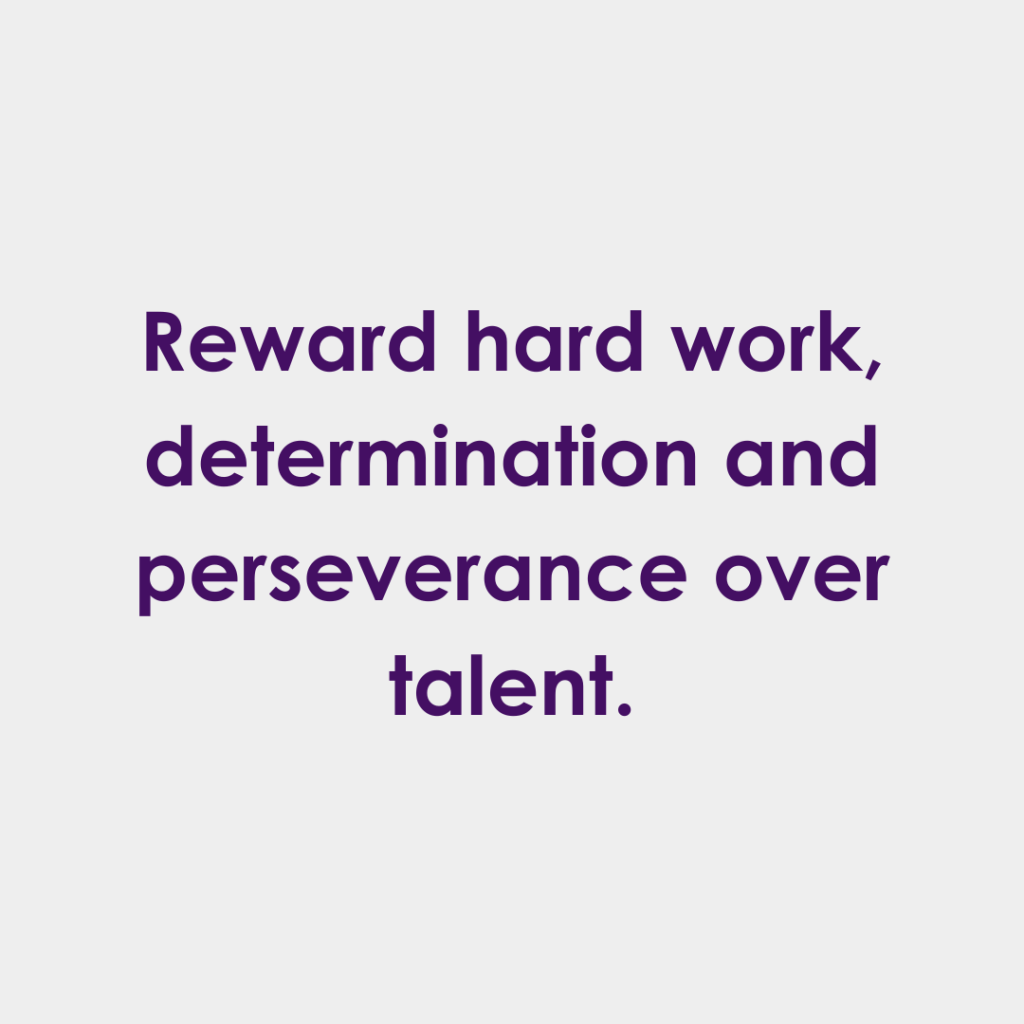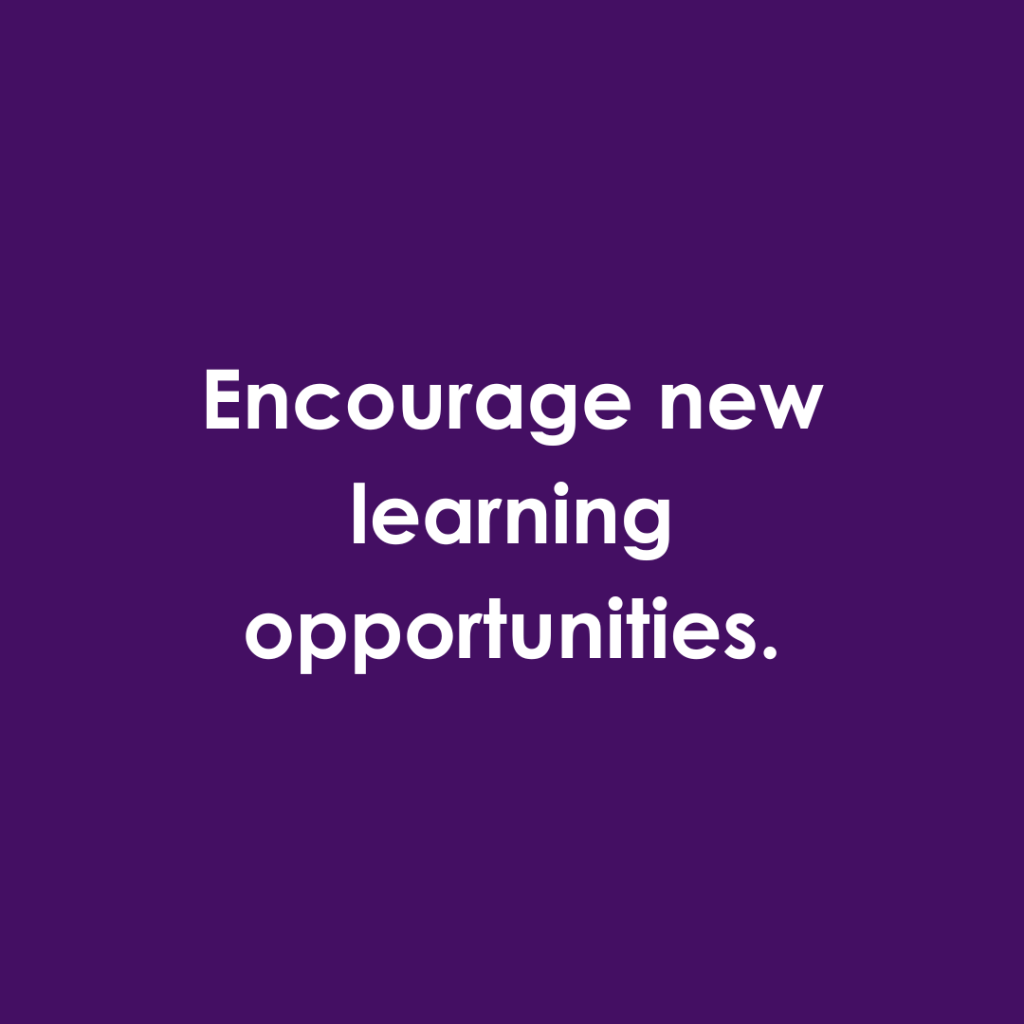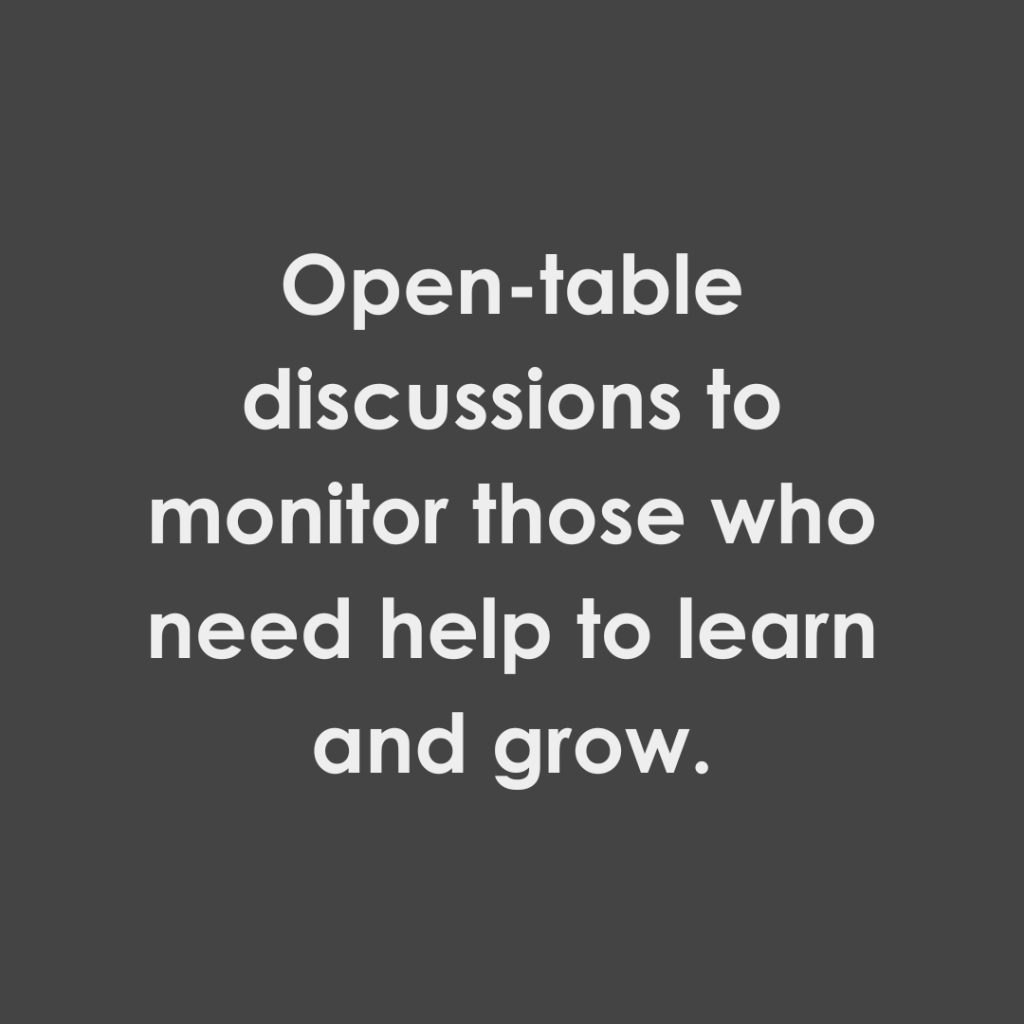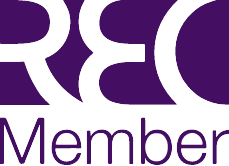Are you tired of seeing your best employees leave for greener pastures? It could be time to adjust your leadership skills.
In today’s competitive landscape, your business’s success could hinge on your employees’ commitment and engagement. As a successful leader, you can create a workplace culture that inspires, empowers, and fosters a deep sense of connection.
This article will guide you through effective leadership skills to ensure you lead with heart and unlock the full potential of your hospitality team.
Get ready to discover how to:
Motivate and inspire your hospitality team through recognition and rewards
Cultivate a growth mindset and encourage professional development
Build trust and understanding through effective communication
Create a supportive culture that prioritises well-being and work-life balance
What is Your Leadership Style?
Before we take a deep dive into our four effective leadership skills, let’s take a look at six leadership types to find out which one you identify with the most.
1. Autocratic Leader
Autocratic leaders are decisive and confident, often taking charge of situations quickly and efficiently. This direct approach can be particularly effective in times of crisis or when clear direction is needed. Balancing their strong leadership skills with opportunities for team input and collaboration allows autocratic leaders to create a positive and productive work environment.
2. Visionary Leader
Visionary leaders are those wonderful folks who can paint an exciting picture of the future! They have a knack for inspiring their teams by linking everyday tasks to a bigger purpose, which helps everyone feel like they’re part of something special. This approach works well in lively environments where innovation and change are the name of the game.
3. Affiliative Leader
Affiliative leaders are all about creating meaningful connections and nurturing a joyful workplace. They place a high value on their team members’ emotional well-being, often saying that a happy team leads to great results! Some wonderful traits in affiliative leaders include empathy, a commitment to harmony, a talent for building relationships, and a strong sense of team spirit.
4. Democratic Leader
Democratic leaders appreciate team participation and love hearing ideas from everyone, no matter their role. This friendly approach creates a sense of ownership and teamwork among employees. You might embody this style if you enjoy being open to feedback and engaging in collaborative chats! You can spark more creative solutions and boost overall job satisfaction by emphasising team input.
5. Pace-setting Leader
Pace-setting leaders love to set ambitious goals and inspire their team members to reach for the stars! These leaders motivate everyone to strive for excellence with their boundless energy and enthusiasm. They challenge their teams to go the extra mile, encouraging personal growth and achievement along the way.
6. Transformational Leader
Transformational leaders are special! They have a knack for inspiring and motivating those around them. With a clear vision for the future, they get everyone excited and on board with their goals. You might resonate with transformational leadership if you enjoy being a visionary who genuinely cares about your team’s growth and success.
It’s crucial to adopt several leadership styles depending on the situation or individuals involved. For instance, new employees may have less experience and knowledge and require more structured guidance. In this case, a democratic leadership style will be best. In contrast, for a seasoned employee who may feel unmotivated, adopting a visionary approach can help inspire them and reignite their passion for success.
Leadership Skills #1: The Power of Recognition

Recognising your team’s efforts is more than just a nice gesture; it’s a powerful investment in your business’s success and the key to being a successful leader. Imagine a workplace where every employee feels like their contributions are truly valued. A place where hard work and dedication are not just noticed but celebrated.
Ready to lead your team to greatness? Let’s dive into creative ways to show appreciation and make a real difference.
Go Beyond the Basics
Jacob Morgan, 5 x best-selling author and top leadership keynote speaker, says appreciation is the top factor for job satisfaction. But how do you ensure you recognise individuals’ efforts in a way that is meaningful to them? People’s ideas of reward and recognition are as individual as they are.
Some people like public recognition amongst colleagues, but others prefer a tangible reward such as a voucher or an extra day holiday. Explore creative ways to recognise the entire team, and remember, it doesn’t always have to cost the earth. Here are three examples of recognition types:
Public Recognition
Private Recognition
Tangible Rewards
The Impact of Recognition on Job Satisfaction and Retention
Reward Gateway published a report showing almost half of employees agreed that they would leave a company that didn’t praise or thank them enough for the work they did. Organisations where recognition occurs have 14% better employee engagement, productivity and customer service than those without. Companies with a recognition culture have 31% lower employee turnover, a critical challenge in the hospitality sector.
Imagine a workplace where every employee feels valued and appreciated. How would that impact your team’s morale and productivity? Have you read Happy Teams Yield Higher Results?
Extra: Empower your employees by granting them autonomy to make decisions and take ownership of their work. This fosters a sense of responsibility, creativity, and job satisfaction.
Leadership Skills #2: Foster a Culture of Continuous Learning

Picture a team ahead of the curve, adapting to industry trends and exceeding guest expectations. The secret to achieving this is simple: professional development. Investing in your team’s professional development isn’t just about improving their skills but empowering them to thrive. Let’s explore how to add continuous learning to your leadership skills.
The Benefits of Ongoing Professional Development
Arming your team with new skills can improve job satisfaction and innovation. Additionally, employees offered training opportunities are more likely to be up-to-date on industry trends and technologies. This can help them feel more confident and competent in their roles, increasing their sense of worth and job satisfaction.
Create Learning Opportunities
The right kind of learning programme depends on the time available, the budget, and the individual employees’ training style. While some people learn best in person or by tuning into an online webinar, others may prefer reading from a textbook. There are a variety of ways in which hospitality managers can offer training and development opportunities to their teams. These include but are not limited to:
Online or in-person training courses
Apprenticeships
Webinars
Events
Team building and leadership days
Job Shadowing
Marriott Hotels leads the charge in a world where learning is the new currency. We spoke with Tammy Markley, Cluster Director of HR in the Southwest and Wales, to uncover how they foster a culture of continuous growth and development. From digital training to face-to-face mentoring, Marriott’s commitment to learning is shaping the future of its talent.
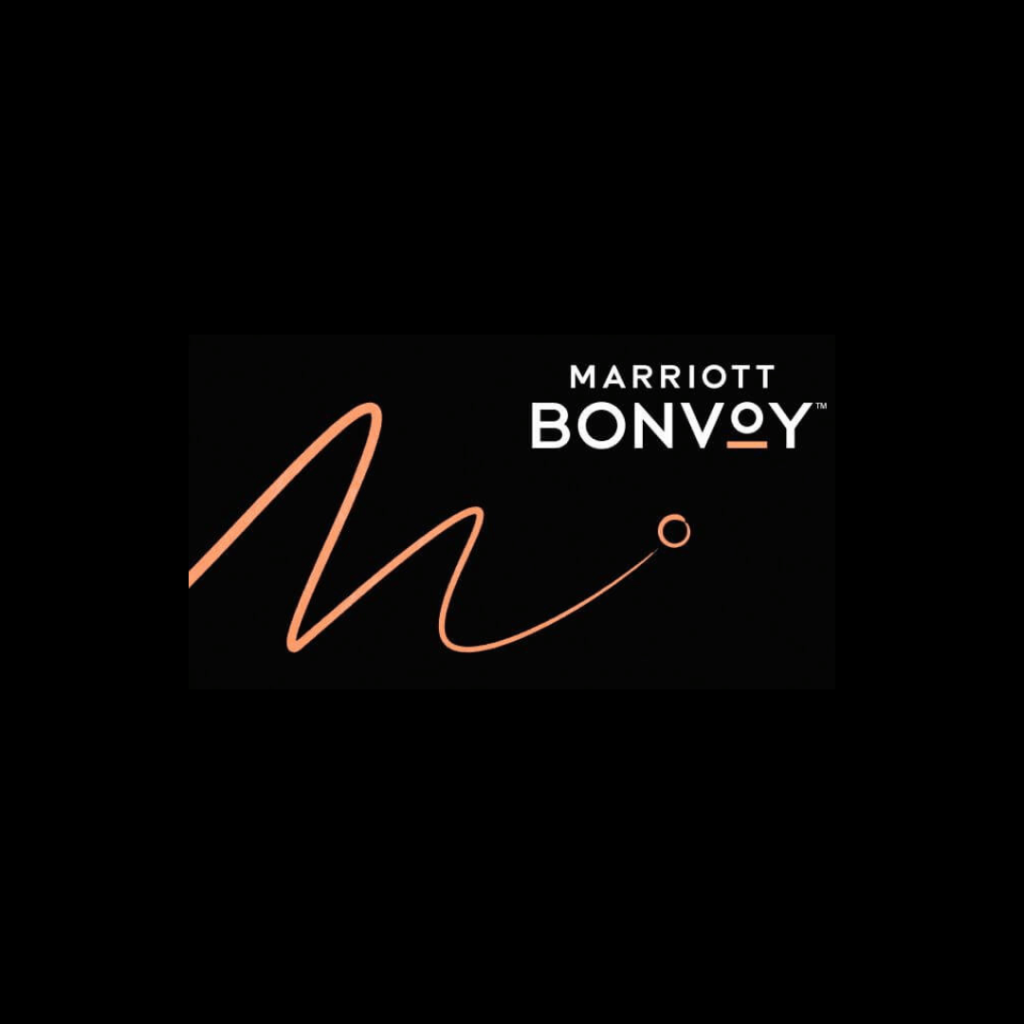
“At Marriott, we value the importance of creating the right learning opportunities and recognising the different learning styles that support developing and upskilling our talent. This includes providing a combination of learning opportunities, such as optimising our digital training programmes, promoting our apprenticeship pathways, face-to-face classroom facilitation, and mentoring/job shadowing.”
Tammy Markley, Marriott Hotels Cluster Director of HR in the Southwest and Wales.
Encourage a Growth Mindset
Individuals with a growth mindset are more adept at learning new things, increasing their skills and pushing themselves towards a common goal. Encouraging learning opportunities can help employees become more growth-oriented. With a growth mindset, we can confront and overcome problems and demonstrate persistence in the face of obstacles. This is an important commodity in an industry such as hospitality, where thinking on your feet and bouncing back from the rapidly changing landscape are vital to continued growth and sustainability.
Ways in which you can achieve a growth mindset in your team:
Extra: A continuous learning culture is only possible if you continually measure its results, adapt, and see a positive outcome. Use metrics, including employee and customer satisfaction surveys, financial performance and knowledge retention, to measure its effectiveness.
Leadership Skills #3: Build Trust with Effective Communication

Have you ever felt like you were talking in circles with your team? Or you’ve experienced those frustrating misunderstandings that can derail even the best-laid plans.
Effective communication is the glue that holds your team together. It builds trust, fosters collaboration, and drives success. But it’s easy to let verbal communication slip through the cracks in today’s fast-paced world.
Ready to improve communication and create a more harmonious workplace? Let’s explore four practical strategies.
The Art of Active Listening
Make Questions Relevant
Lead with Empathy
Constructive Feedback
By practising these strategies, you can build stronger relationships, improve teamwork, and create a more positive and productive work environment.
Extra: Be mindful of your facial expressions. A genuine smile, nodding in agreement, or raising your eyebrows in surprise can enhance your verbal message and foster a more positive and inviting atmosphere.
Leadership Skills #4: Make a Workplace Culture Change

A supportive work environment is more than just a perk; it’s essential for retaining top talent and fostering a thriving team. You can unlock their full potential and drive business success by creating a space where your employees feel valued, empowered, and cared for.
How to Make a Workplace Culture Change
Work-life balance is no longer a ‘nice-to-have’ but a ‘must-have’ for happy, healthy, and productive employees. But what exactly is it, and how can you create a positive workplace culture?
According to the Mental Health Foundation, a good work-life balance could mean:
Balancing Act
Prioritising Wellness
Off-Duty Bliss
To make a workplace culture change, you can ensure your staff prioritise their work-life balance by supporting the above elements where possible. Easy ways to achieve this include encouraging a culture of openness where employees can voice any pressures or difficulties. Ensure your managers are trained to spot the signs of stress and burnout in their teams and act promptly. If possible, offer flexible working arrangements to fit in with childcare and personal appointments. Encourage regular breaks throughout the day and by using annual leave.
Extra: Ask employees for their opinions. What would give them a work-life balance? What could you be doing differently to support your team?
You might also like Work/Life Balance: Can Women Have it All?
Summary
This article shows how hospitality leaders can create a better workplace using key leadership skills. It highlights the importance of valuing employees, helping them grow, building strong connections, and balancing work and personal life. By focusing on the key leadership skills in this article, you can motivate your team, improve morale, and become a truly effective leader.
Are you looking for support with your hospitality team? Let us know how we can help you today!
You Might Also Like…
Dive into the Latest from our Hospitality Blog
References:
Jacob Morgan, TED speaker and best-selling author
21 Employee Recognition Statistics Worth Memorising – Reward Gateway
Work-Life Balance – Mental Health Foundation
